Nuclear Power: In The Wake of Fukushima
Nuclear power faced its biggest challenge in 25 years when an earthquake and a tsunami ofunprecedented proportions struck the Fukushima nuclear power station of Japan on March 11,2011. Three operating nuclear reactors at the site automatically shutdown, just as they weredesigned to in such an eventuality. However, the gigantic tsunami that followed the temblor, risingto a height of 45 feet, disrupted the emergency core cooling system and caused the much dreadedloss of coolant accident, leading to varying degrees of core meltdown in the reactors.The Fukushima nuclear incident has worldwide implications for the future of nuclear power. But, itis of particular significance for India as the country envisages a rapid expansion of its nuclearprogramme to meet the burgeoning electricity demand while keeping its carbon footprint small andhedging against vulnerabilities of large-scale fuel imports.This book is born out of the national seminar that the Centre for Air Power Studies organised inApril 2011 to engage the strategic community and policy makers to better understand thepeculiarities of the situation obtained in Fukushima, as well as the differences that exist in theseismological, technological and operational aspects of the Indian nuclear power programme. Heldat a time when public faith in nuclear power had been shaken, the deliberations highlighted theneed for proactive engagement of the nuclear establishment to clearly address public concerns.The chapters of the book, written by nuclear scientists, strategic analysts and specialists involvedwith disaster management, bring out different aspects of the lessons that need to be assimilatedfrom the Japanese nuclear experience to ensure a blemish free performance of nuclear power.The book attempts to contribute to the understanding of the need and relevance of nuclear powerfor India’s energy security, as well as act as a safety beacon for the nuclear establishment. Nocompromise on this front can be afforded by this country of more than a billion people if thepotential of nuclear power has to be optimally exploited.
Get it now and save 10%
BECOME A MEMBER
-
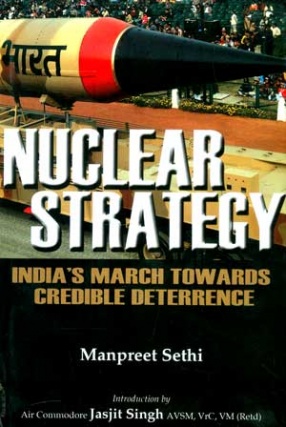
Nuclear Strategy: India's March Towards Credible Deterrence
-
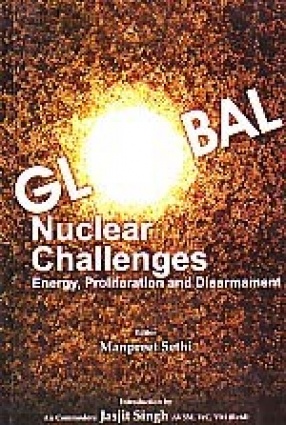
Global Nuclear Challenges: Energy, Proliferation and Disarmament
-
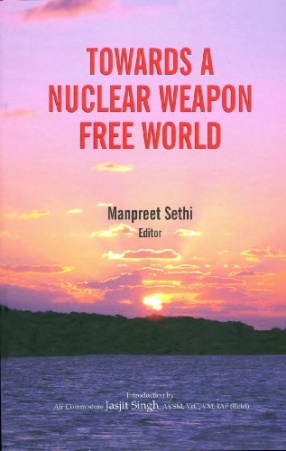
Towards A Nuclear Weapon Free World
-
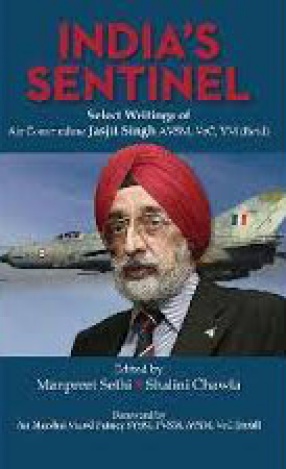
India's Sentinel: Select Writings of Air Commodore Jasjit Singh AVSM, VrC, VM (retd)
-
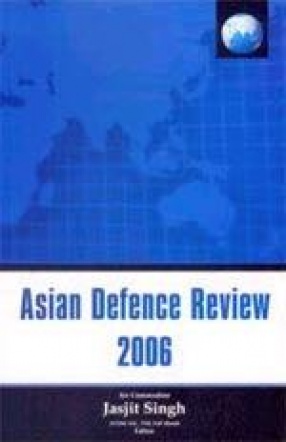
Asian Defence Review 2006
-
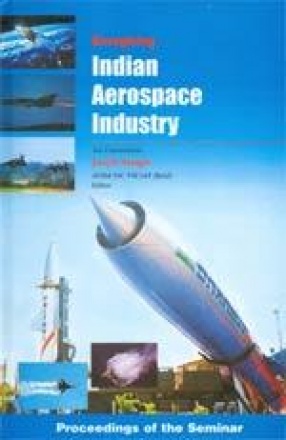
Energising Indian Aerospace Industry
-
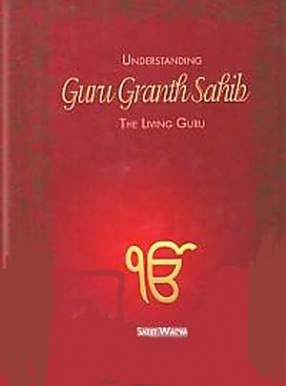
Understanding Guru Granth Sahib: The Living Guru
-
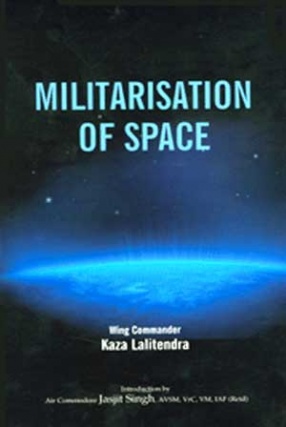
Militarisation of Space

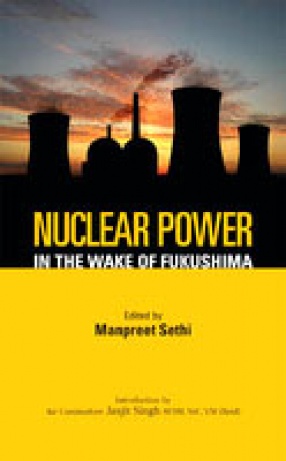
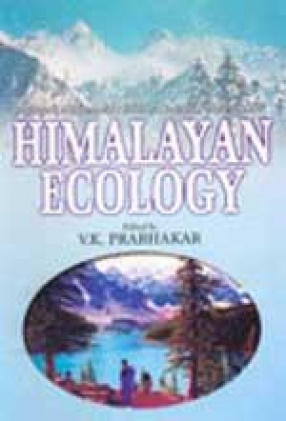
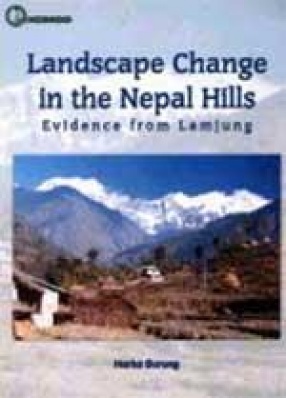

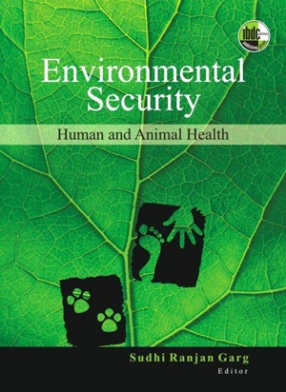

Bibliographic information
Jasjit Singh